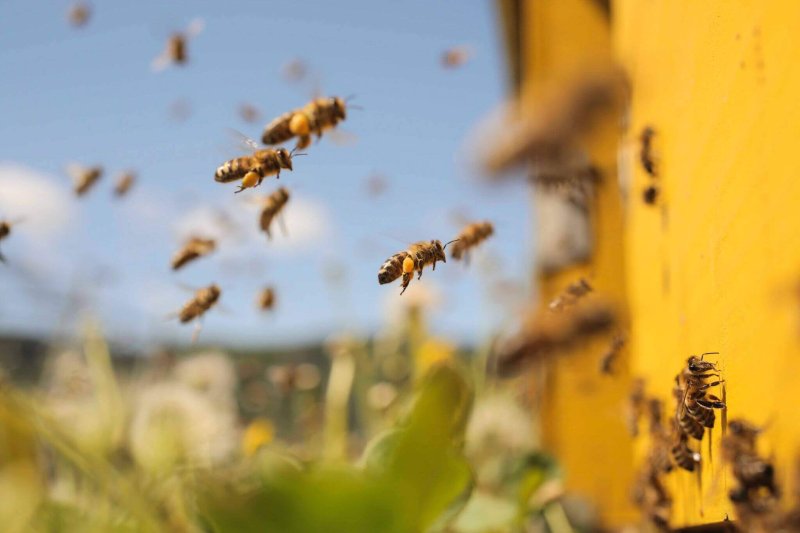When neonicotinoid seed treatments were first banned in flowering crops, control of cabbage stem flea beetle in oilseed rape [OSR] was expected to become more difficult very rapidly. A proportion of the adult population was already resistant to pyrethroids and, as the only option left on the table, the writing was on the wall.
Five years on and AICC chairman Sean Sparling believes the days of OSR as part of the rotation may well be numbered and, if that happens, the consequences go far beyond finding a replacement for a crop which has been the mainstay break crop for decades.
“There’s some irony that a regulatory decision on neonics has led to a potential crisis situation for the very species it sought to protect,” says Sean.
“OSR crops support huge populations of bees, butterflies and other pollinators, beneficial insects, predators and natural enemies of crop pests as well as the invertebrates used as food resources for farmland and other insect eating birds. As the largest early pollen source, OSR’s loss from the rotation would have a profound effect on the biodiversity it currently supports.”
Read full, original article: OSR’s loss from the rotation would have a profound effect on the biodiversity it currently supports































